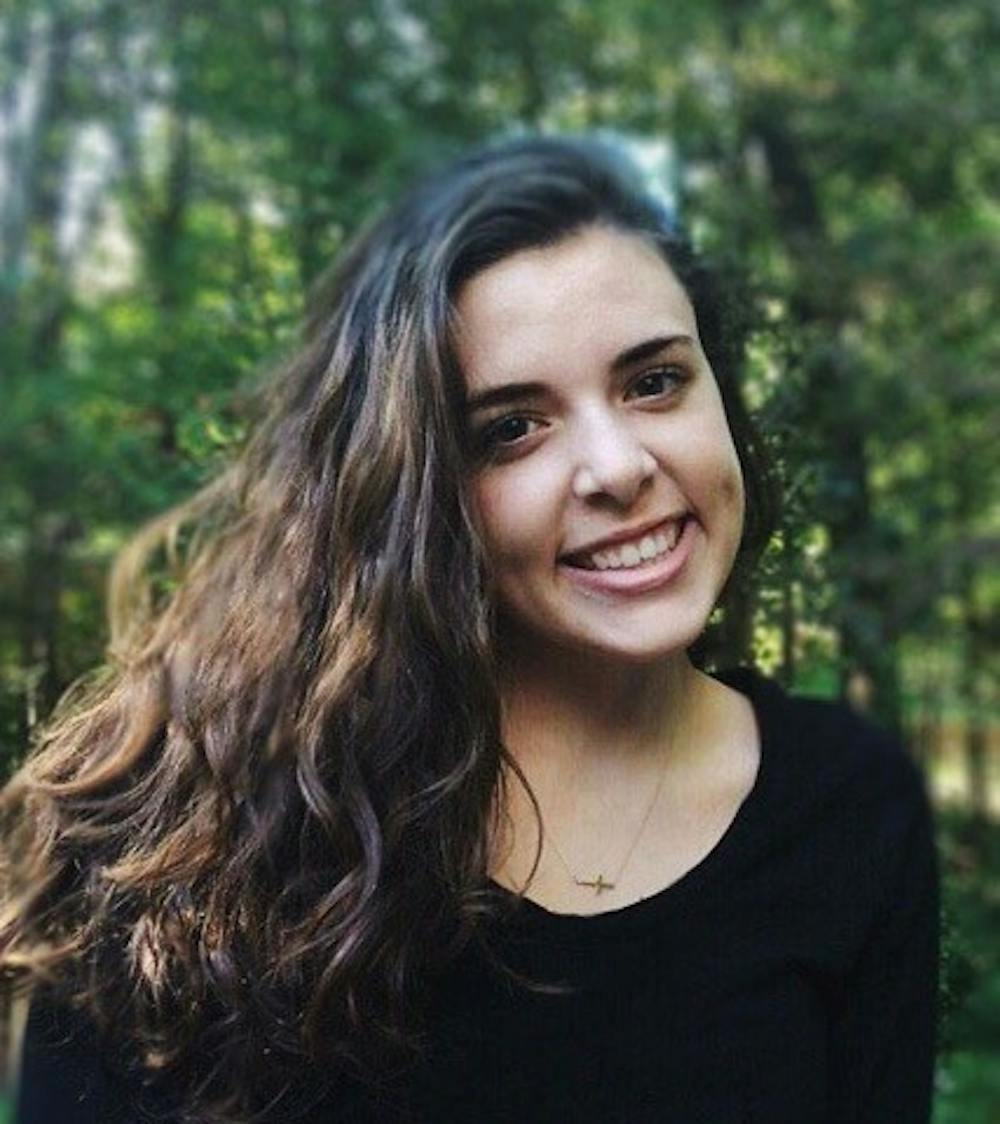As I sat on the grounds of my beloved university, listening to anti-racist heroes share personal stories of institutional racism and police brutality on campus, I noticed dozens of students walking past, not caring enough to stop and listen. I overheard people behind me loudly discussing LDOC and the impending stress of finals as Tamia Sanders, co-chairperson of UNC Black Congress, nearly broke down in tears while speaking about the emotional weight of being a Black student on campus.
To remain ignorant in the face of injustice is an easy choice, but it’s also a cowardly and selfish one. As white people, we don’t have to think critically about racism because we have never been the victims of it. And especially because doing so often reveals an uncomfortable truth: that privilege and racial bias exist in all of us. They’re ingrained into the framework of society in ways we will never fully grasp — through microaggressions, through patterns of white dominance, through exclusion and othering.
I have spent most of this year listening, learning and thinking — trying my hardest to be a better ally for marginalized students who have suffered at the hands of this University for far too long. Others within the community and the administration have opted for complicity and willful ignorance, unwilling to confront the inherent privileges of their whiteness. But I will not.
I love UNC. But since the very first day I set foot on campus as a first-year, I have watched this administration invalidate and ignore the concerns of anti-racist activists and students of color. I have watched fellow white students turn a blind eye to institutional racism on this campus, lacking the motivation to change a system that was always meant to benefit them. More than anything, I want this school to be a place where my peers feel safe and valued. But it’s not.
Oftentimes, loving something means holding it accountable. It means acknowledging the role that it has played in upholding a status quo of whiteness and the subjugation of marginalized communities. It means seeing it for what it is and wanting to make it better, and it starts with taking a hard look at who we are, who we have been and who we want to be.
UNC has a long history of white supremacy. The names of white supremacists are plastered all over our campus. Pictures of former students in blackface adorn the pages of old yearbooks and the grass has only just begun to grow in the place where a Confederate monument stood for 105 years. And today, UNC Police brutalize activists who attempt to fight back against the status quo of UNC’s racist past and present.
Fighting back against an institution as powerful as UNC isn’t easy. Activists and people of color on this campus have sacrificed so much in ways that I can never begin to understand or imagine — they have given everything to a place that has given them so little in return. They are the ones protecting us, each and every day.
But they can’t do it alone, and they shouldn’t have to. To say you were unaware of the injustice that takes place on this campus is no longer an acceptable excuse. Marginalized students have been speaking their truth all year long — all you ever had to do was listen.




